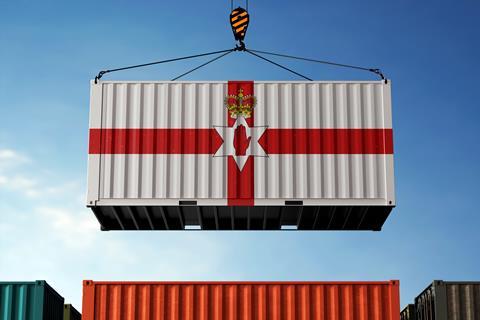
Donald Trump’s threat to impose 30% tariffs on EU imports could hit Northern Irish food and drink exporters particularly hard, experts have warned.
Trump last weekend intensified his trade war by warning the levy would come into force on 1 August, following inconclusive trade talks with the bloc – which followed the threat of even higher tariffs of up to 50% in the wake of his ‘Liberation Day’ announcement in April.
Given Northern Ireland’s dual-market access status under the Windsor Framework – allowing goods to move freely between Northern Ireland, Great Britain, and the European Union – the country could be saddled with the same levies as the EU, said Chris Clowes, executive director at supply chain and logistics consultancy Scala.
“Many Northern Irish exporters may be more exposed to the risk of US tariffs than they realise,” he warned.
“Even if goods are assembled in Northern Ireland, the use of EU-origin ingredients, packaging or components, including those from the Republic of Ireland, could bring them within the scope of US tariff measures,” he added.
“This highlights the growing importance of accurately managing rules of origin and investing in traceability systems to avoid unexpected costs or delays.”
Logistics complexities were another concern, Clowes pointed out. “NI exporters often share warehousing, transport routes and consolidated shipments with EU goods. Any divergence in tariffs or customs treatment risks undermining load efficiencies, particularly where mixed shipments are involved.”
The EU has so far declined to respond with threats of reciprocal tariff action to the latest Trump threats – a move he was warned could then drive the US to slap the bloc with even higher levies.
Were they to be implemented, the tariff regime could create growth opportunities for UK food exports to the US, suggested Provision Trade Federation director general Rod Addy.
“But it could also force the EU to look for alternative markets for food it would otherwise export to the US, and the UK could be one of those,” he added. “As a result, UK producers could face tougher competition from EU producers.”
Similarly, US food imports into the EU could be diverted to the UK and that could increase that competition, he warned.
“On the NI question, impacts here would depend on whether the EU (Ireland) decided to use NI as a back door to further process products before exporting them to the US, thus avoiding EU tariffs,” Addy pointed out. “However, the US would be watching such tactics closely and would shut them down quite quickly.”
Responding to Trump’s announcement, Michael Bell OBE, the executive director of the Northern Ireland Food and Drink Association, said the body was “watching developments with increasing concern, but it would be wrong to speculate at this stage”.

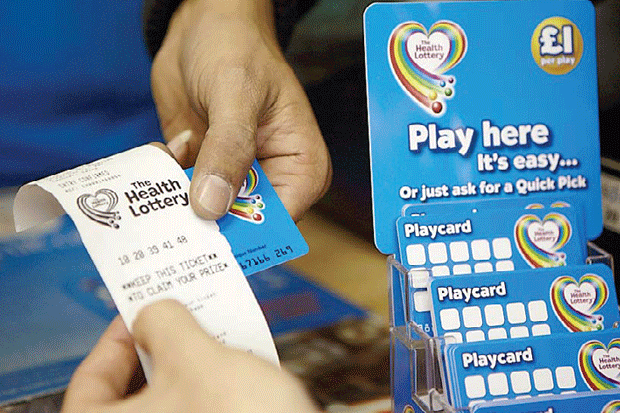

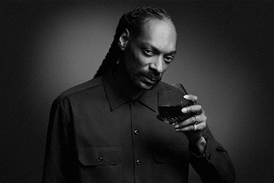

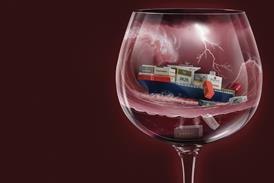

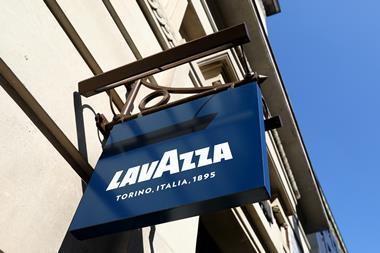
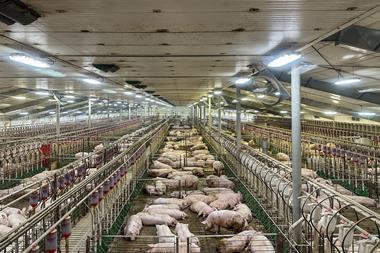


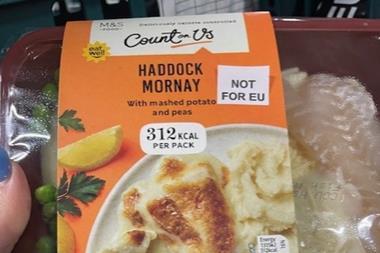

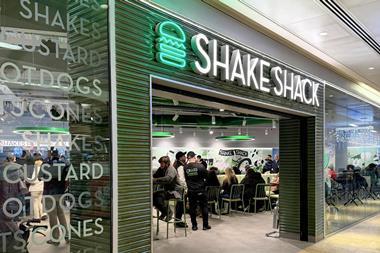



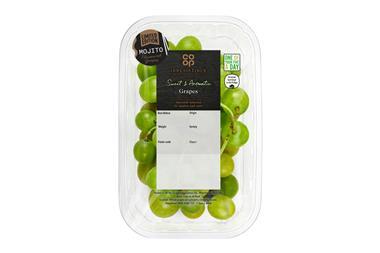
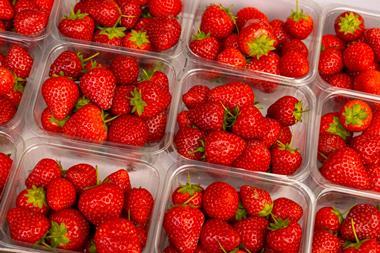
No comments yet